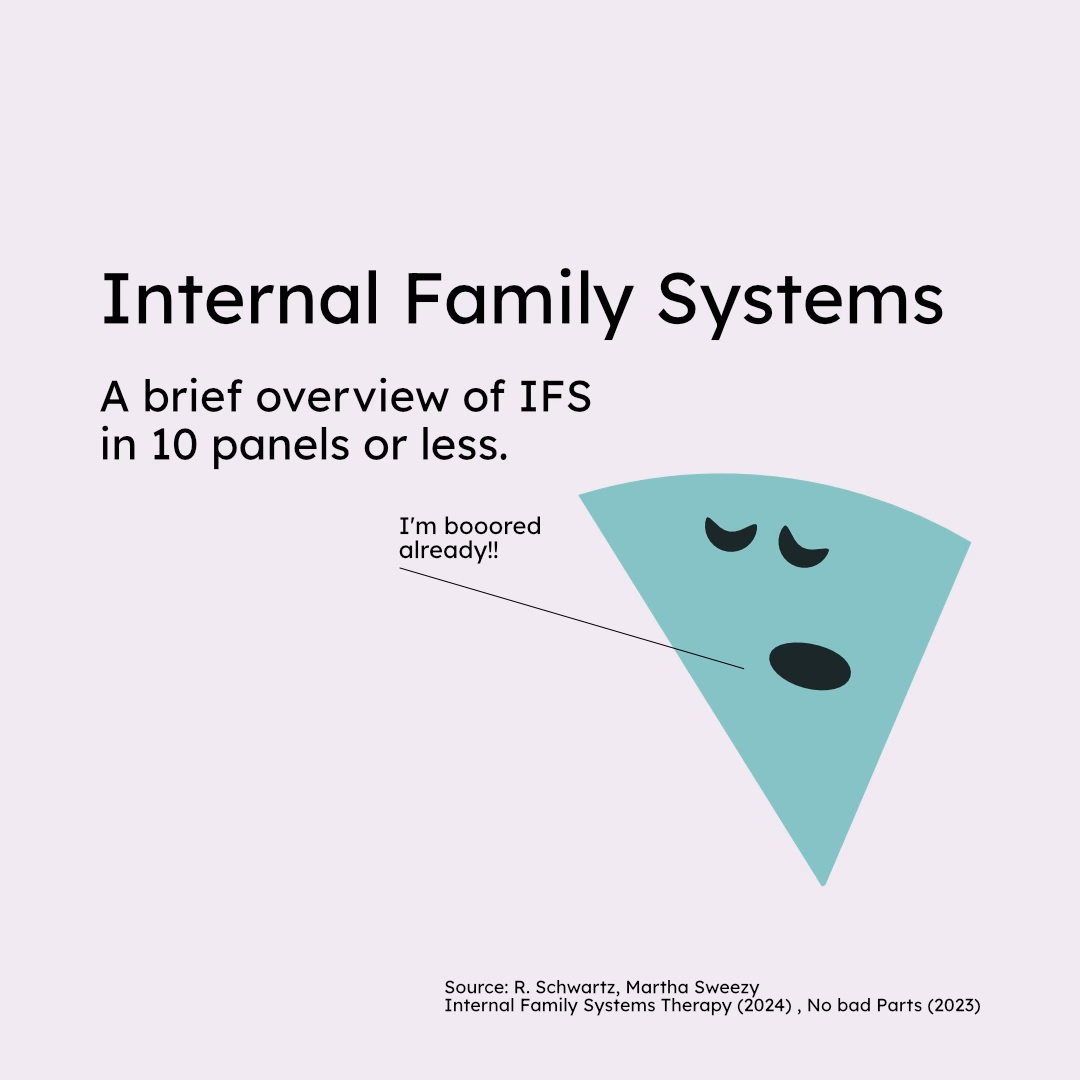Your cart is currently empty!
Exploring the central humanistic ideas
The humanist tradition spans philosophy, literature, ethics, psychology and many other areas of human endeavour across the centuries.
This makes it hard to define and delimit, but Sarah Bakewell does just that brilliantly in her book “Humanly possible”.
—
In this article, I wanted to lean on Sarah’s attempt to name the core ideas in humanist theory and practice, as well as offering examples of how humanists across time have expressed and lived these ideas.
The central ideas in humanistic tradition

Humanism puts humans at the centre
This is the foundation of humanist thought, from which other ideas can naturally emerge and follow through. Let’s start here.
The idea to put humans at the centre wasn’t very popular in Ancient times. Greeks, Romans, Egyptians, Christians and to a lesser extent Buddhists and Taoists seemed more concerned looking outside in. Gods were called in, authorities were shaped and humans were consequently put in a smaller scale to seek redemption, salvation or liberation from the realities of being human.
Protagoras, a pre-Socratic Greek philosopher, offered an alternative by famously declaring “Humans are the measure of all things”. This idea was revolutionary at the time, and sadly, still remains this way. It rejects authority – whether from gods or self-appointed humans – as the ultimate source of truth and guide of behaviour and ethics.
Guess what, we need to figure things out ourselves (gulp).
Humans are the measure of all things
Protagoras
There is a deep message of hope in this idea: we are good, we are enough. We don’t need salvation, we don’t need forgiveness for existing.
There is only one summit in life: to have taken the measure in feeling of everything human (…) allowing new life freely to take place within the heart as it will
Wilhem Von Humboldt
The implicit idea here, later formalised in psychology by K. Goldstein and C. Rogers – perhaps somehow by the Buddhist tradition too – is that of self-actualisation.
Humans can self-develop and become the best version of ourselves, provided our experience is accepted by everyone as naturally valid and at the centre of our own subjective enquiry.
But there is a tension here. As we evolve, the idea of putting humans at the centre needs to be reviewed.
What about collective healing, collective dialogue and collective enquiry? Non-Western traditions like Ubuntu places the collective at the centre of our existence and healing.
And in an increasingly globalised and traumatised world, we need to figure out how to create systems that work for everyone in the long-term, not just individuals in the short-term. For example by relating to our planet in a way that can sustains us.
Here’s a point of view from a strategic designer.
From this thought, we can extend into the other central ideas in humanism:
- we all are human,
- we all are different (and equally valid),
- we need to follow our human reason and enquiry and
- we should aim for empathy and connection as the guide to our living.
Everyone and each one of us is human
Universality is another big idea in humanism.
I am human, and consider nothing human alien to me
Terence
It means that we all are united in our humanity, and we share some essential traits from which we should seek to form our ethical enquiries, an argument explored by Eric Fromm in (excuse the title) “Man for himself”.
For example, we suffer but also have an ability to end suffering for ourselves and others, so therefore we should use our faculties to do so. We grow when we love each other, so let’s do that. Etc.
Equally, we seem to come equipped with fears and other ugly traits. Accepting and working with these feelings is also part of what it means to be human. Projecting them out (e.g hating the other) and rejecting them (e.g developing a false self) leads to trauma (individually) and authoritarianism (collectively)
And we all know where that takes us.
We have in common our differences
Diversity is the necessary counterpart to universality. You can’t have one without the other.
As we put humans at the centre and accept our nature, we realise that we end up with a curious mix of bodies, mindsets and outlooks. This has been historically uncomfortable for those who were attached to the privilege of belonging to an oppressive majority: whether men, white or the wealthy.
Every man bears the whole stamp of the human condition
Michel de Montaigne
But if we value subjective experience as the original measure of how we live our lives, we need to embrace the idea that we all deserve our experience to be honoured, and thus realising we need to do the hard work to accept all diversity and develop our empathy.
Or else we need to leave some humans outside of this centre. Not humanist.
We can’t therefore speak of humanism by sticking to the European renaissance – generally useless at expressing this idea in particular.
Italians and other Europeans who kicked off the tradition in earnest (Petrarch, Montaigne) have not always been able to defend this idea to its logical extent.
Therefore, humanism has required – and should celebrate – revolutionary thinkers coming from minorities to defend the right of those minorities to also be at the centre and to make the necessary adjustments to what we consider as the human aspiration.
Feminists like Jane Harrison, John Stuart Mill and Simone de Beauvoir, LBGT+ advocates like Jeremy Bentham and abolitionists like Frederick Douglass who risked their lives and reputation to bring the experience of oppressed minorities to the centre so we can expand how universal our universality is.
I shall first consider women (…) in common with men are placed in this earth to unfold their faculties
Mary Wollstonecraft
We are led by reason and enquiry
This is a big, important idea in humanism.
Rather than accepting how things are when we arrive, humanists seek to question everything, to put it under the microscope.
This has made humanism powerful and the catalyst of human progress. An early example of this attitude comes from Lorenzo Valla who used his reason and enquiry to prove the papacy had forged a document to make claim of lands across Western Europe. Imagine the guts!
Later, we find humanists engaging in philosophical and scientific enquiry to drag us out of religious oppression and improve our lives and understanding of the world.
It has been an important catalyst of the liberation of oppressed minorities as well. It is through reasoning and enquiry that Simone de Beauvoir elegantly encapsulates the paradox that if women seem less capable, it’s because we make them less capable through oppression.
One is not born but becomes a woman
Simone de Beauvoir
So where authoritarians say “he’s right, she’s right, this book says it and you are wrong”, humanists say – “let’s read, let’s discuss, let’s think about it, how can we make this work for everyone”.
The benefit of being guided by reason is not only that it supports universal acceptance and respect of differences, but also that it supports each person in this journey that we ultimately make alone. Each one of us has the power to find out what is best for themselves, but only if we are willing to question things, reflect and change our minds every so often.
Guided by empathy and connection
Empathy, our ability to understand and reflect the experiences of others is the glue that keeps all the humanist ideas together.
Reason is great. It intellectually leads us towards embracing all of humanity in each human and to therefore put that experience at the centre of this enquiry.
However, without empathy it would risk being a mere abstraction. Or worse, a neurotic trend that puts our own reason above others’ feelings and thoughts.
Hume said our minds work “as mirrors to each other”, reflecting on our capacity to feel with the other.
Humanists are therefore encouraged to understand the feelings of others and how that leads to their experience.
In an incredible example of empathy, the made-a-slave F. Douglass makes the argument that slavery damages the slaveholder too. This is because they are limited in their experience by the brutal context that leads them to perpetuate such atrocity to the human condition – and therefore to themselves.
Only connect
E.M Forster
Connecting with others and getting into their internal frame of reference – an idea popularised by humanist psychologists Carl Rogers – is therefore the path towards full and universal human realisation.
—
Humanist theory is complex and multi faceted, but these five ideas are brilliant starting points to map humanist thought. They help us distinguish humanism from the mainstream ideas born out of the vindictiveness of trauma and oppression that have given us (and continue to give us) the tragedy of war, violence and abuse.
But equally – we can’t escape our human nature, nor pick and choose. If Douglass can empathise with his slaveholders, we too must try very hard to empathise with our slaveholders – the tyrants, dictators and other idiots making claims in our lives.
Resistance through empathy.




